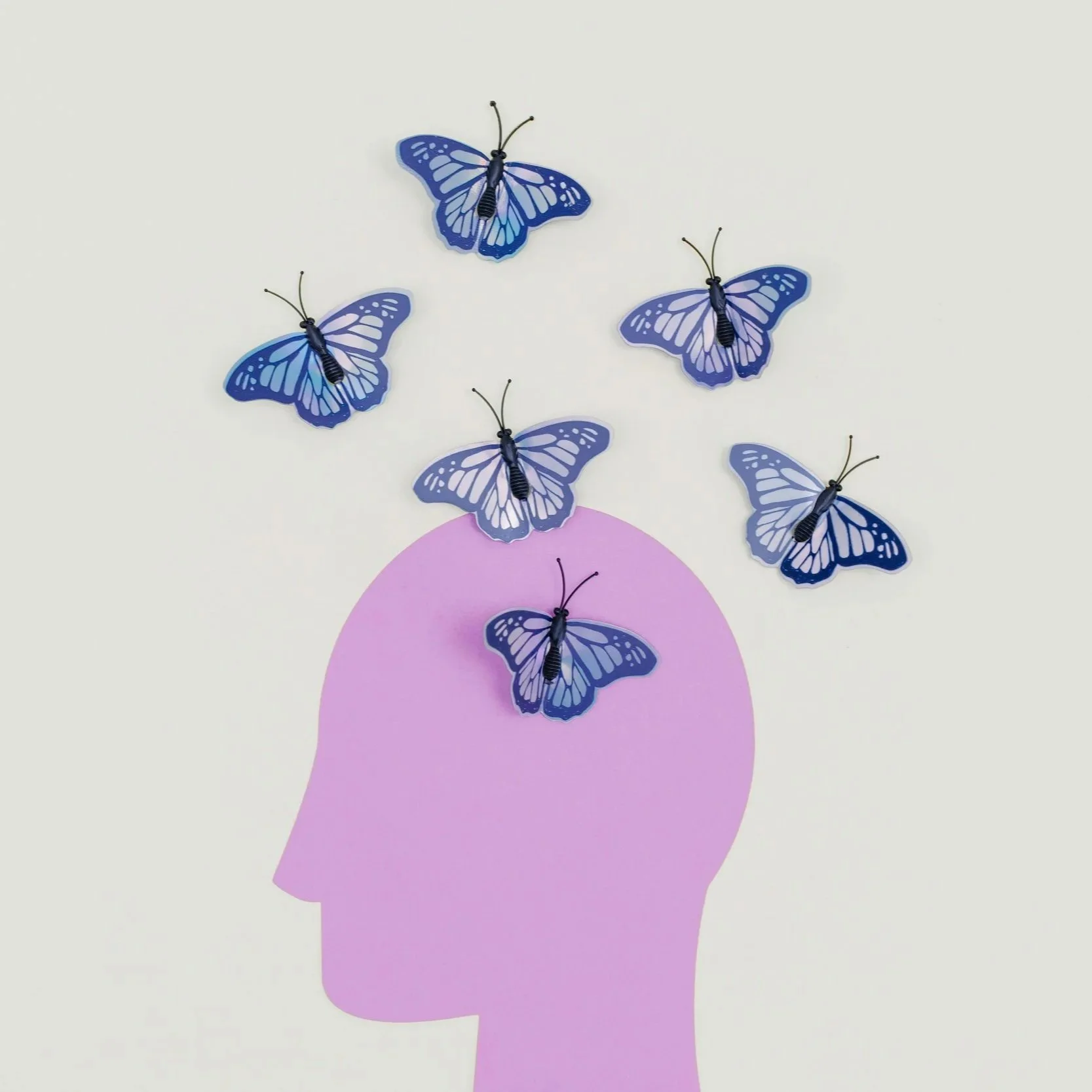Is It Okay to Diagnose Yourself?
Let’s talk about self-diagnosis! There’s been a lot of talk about this on social media and I wanted to put in my two cents. There are lots of pros and cons with self-diagnosis.
The Cons of Self-Diagnosis
Let’s start with the cons, and I’ll be brief:
The Negative Impact of Pathologizing Ourselves With Self-Diagnosis
We don’t want to pathologize ourselves. At Laurel Therapy Collective, we look at you as a whole person, not just a cluster of symptoms. Now, some of those symptoms may be causing significant distress, and they might be really important, and maybe a certain diagnosis aligns with those.
The Contagion of Self-Diagnosis
There’s also an element of contagion to self-diagnosis. There was a really fascinating [recent] experience where people [on TikTok] were talking about muscular and vocal tic disorders and some people who were watching started developing them. If you want to learn more, there’s a really excellent book by one of the nation’s leading experts on social contagion called The Naked Lady Who Stood On Her Head.
The Benefits of Self-Diagnosis
Let’s talk about the pros of self-diagnosis.
Self-Diagnosis To Destigmatize Mental Health
Self-diagnosis can be a powerful tool in educating yourself, in de-stigmatizing certain conditions and we’re all about that [at Laurel Therapy Collective.]
Self-Diagnosis To Support Self-Advocacy
And most importantly, self-diagnosis and identifying with a certain diagnosis allows you to really powerfully advocate for yourself, to seek out providers that are going to take you seriously, recognize the amount of discomfort and distress you’re experiencing, and appropriately respond.
That’s our two cents on self-diagnosis. I’d love to have a conversation about it. If you are looking for a therapist and you feel like there’s a diagnosis that resonates with you and you want to talk through it with someone who is licensed, you can schedule a free consultation, we will call you and chat with you and match you with the best clinician for you.











